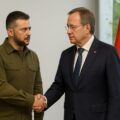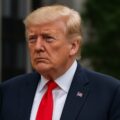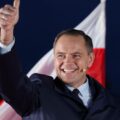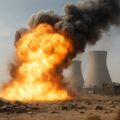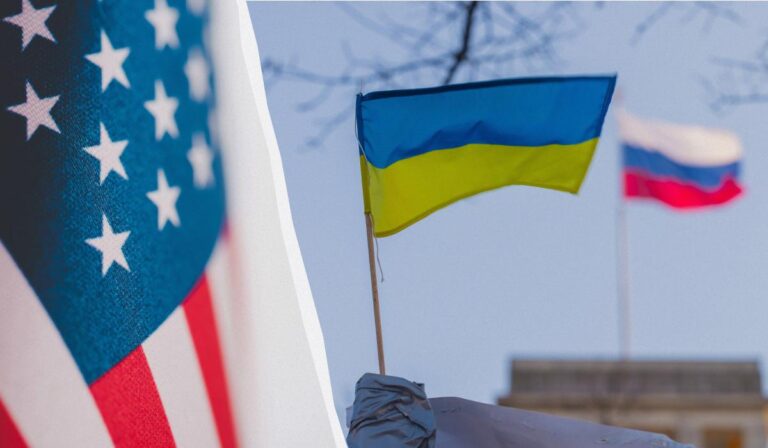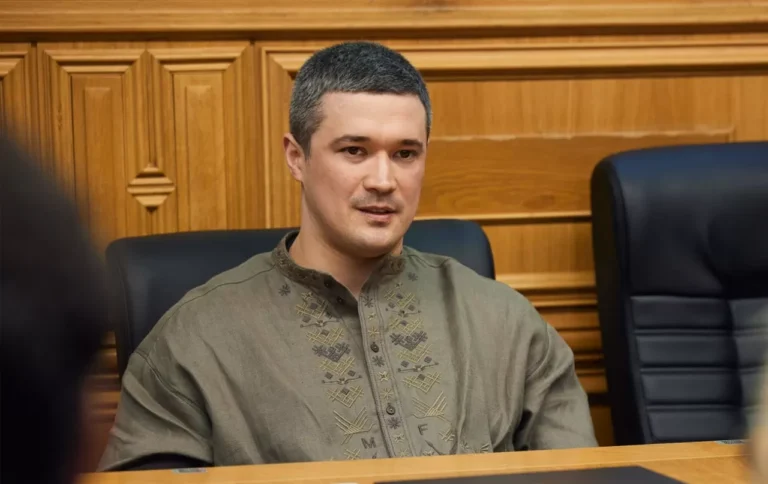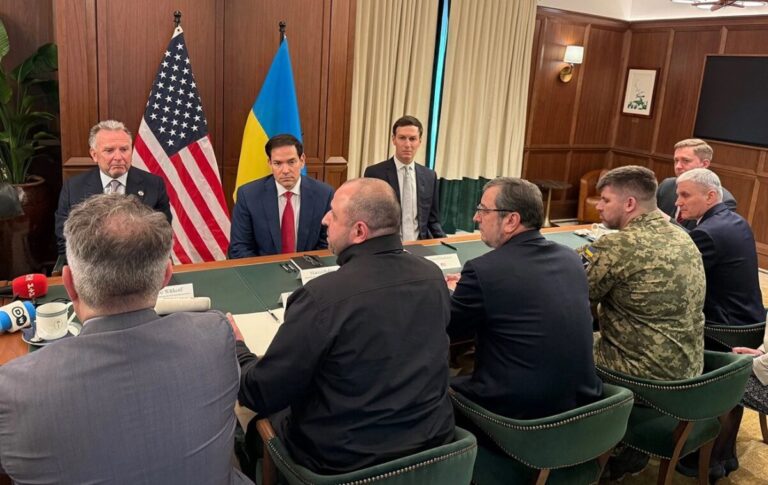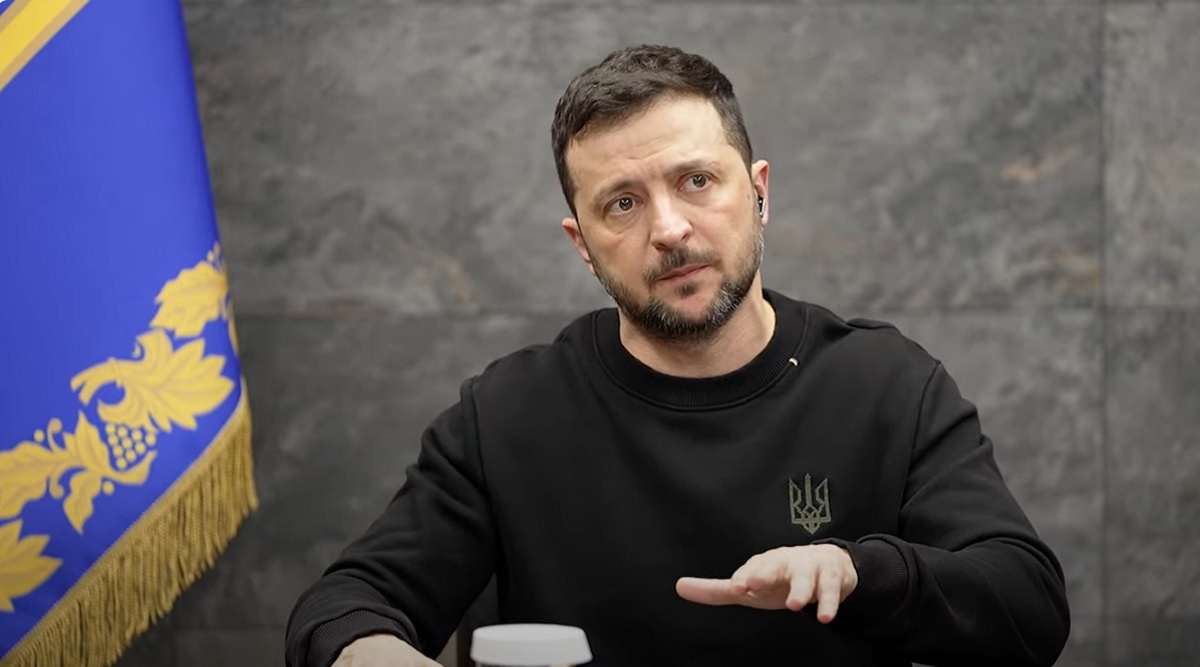
Zelensky Reshuffles Key Roles: Why It Matters and Who Is Behind the Changes
Last week, Ukraine’s leadership quietly but significantly changed. Without public drama or press events, President Volodymyr Zelensky appointed a new Commander of the Ground Forces, a new Prosecutor General, and oversaw a critical prisoner exchange.
Behind these moves lies a strategic recalibration — military, legal, and political — as Ukraine braces for a long war, a restless society, and increasingly watchful Western allies.
Why was the Commander of Ukraine’s Ground Forces replaced?
On June 19, Zelensky appointed General Hennadiy Shapovalov as the new Commander of the Ground Forces, replacing Mykhailo Drapatyi, who was reassigned to lead Ukraine’s Joint Forces Command.
The shift follows growing internal criticism of military leadership, especially after a Russian missile strike on a Ukrainian training ground earlier this year resulted in significant casualties. While the president did not publicly blame anyone, the decision to rotate top military leadership speaks volumes.
Who is Hennadiy Shapovalov?
A career officer, Shapovalov previously led Ukraine’s Southern Operational Command, overseeing the Mykolaiv–Kherson–Zaporizhzhia axis. He’s known for strategic planning, operational discipline, and effective coordination with NATO partners.
His appointment signals a move toward pragmatic, non-media-oriented leadership, focused on logistics, coordination, and rebuilding trust inside the armed forces.
Ukraine’s new Prosecutor General: a quiet but calculated choice
On June 21, Zelensky signed a decree appointing Ruslan Kravchenko as Ukraine’s new Prosecutor General. Parliament had approved his candidacy a few days earlier, with little resistance — a sign that the administration wanted a smooth transition.
Who is Ruslan Kravchenko?
A low-profile but highly experienced figure, Kravchenko began his career in the prosecutor’s office, later overseeing investigations into war crimes in Bucha. He led the Kyiv Regional Military Administration during the war and more recently managed Ukraine’s State Tax Service.
His appointment is a message to both internal power structures and international observers: the Office of the Prosecutor is returning to results-oriented, disciplined governance. Kravchenko is not a showman — he is an executor.
June 14: a quiet victory in prisoner exchanges
Just days before these appointments, Ukraine secured the return of several dozen POWs — including wounded and long-held defenders of Mariupol — from Russian captivity.
While not heavily publicized, the exchange was deeply significant. It demonstrated:
- Ukraine’s ongoing ability to negotiate through backchannels (with Turkey, Qatar, and others),
- A clear commitment to each soldier, and
- A morale boost for families and troops on the front lines.
These exchanges are never just symbolic. They are a form of strategic continuity in a war that punishes delay.
Revelant
Why now? The timing is not accidental
There are at least three reasons for this concentrated reshuffle:
1. Preparing for a difficult autumn
The military needs better coordination. Mobilization remains a sensitive issue. Zelensky is placing trust in steady, internal figures who can operate under pressure and maintain stability without media hype.
2. Sending a signal to Western partners
Ukraine’s allies are watching not only battlefield outcomes but also how power is exercised. Appointing competent, controllable, and relatively low-profile leaders helps reassure skeptical observers that the system is being actively managed.
3. Anticipating deeper government changes
While national elections remain suspended, changes are underway. Cabinet reshuffles are rumored. Some expect replacements within the Office of the President or even the Defense Ministry. These recent appointments may be just the start of a wider recalibration.
This is not just routine bureaucracy
Each decision reflects a deeper political and military logic. In peacetime, these moves might barely register. But in wartime, they shape institutions — and sometimes save lives.
Zelensky is not just holding the line militarily. He is adapting the entire architecture of governance to fight a prolonged, high-stakes war.
What we saw last week is not reform for show. It is reform for survival.





